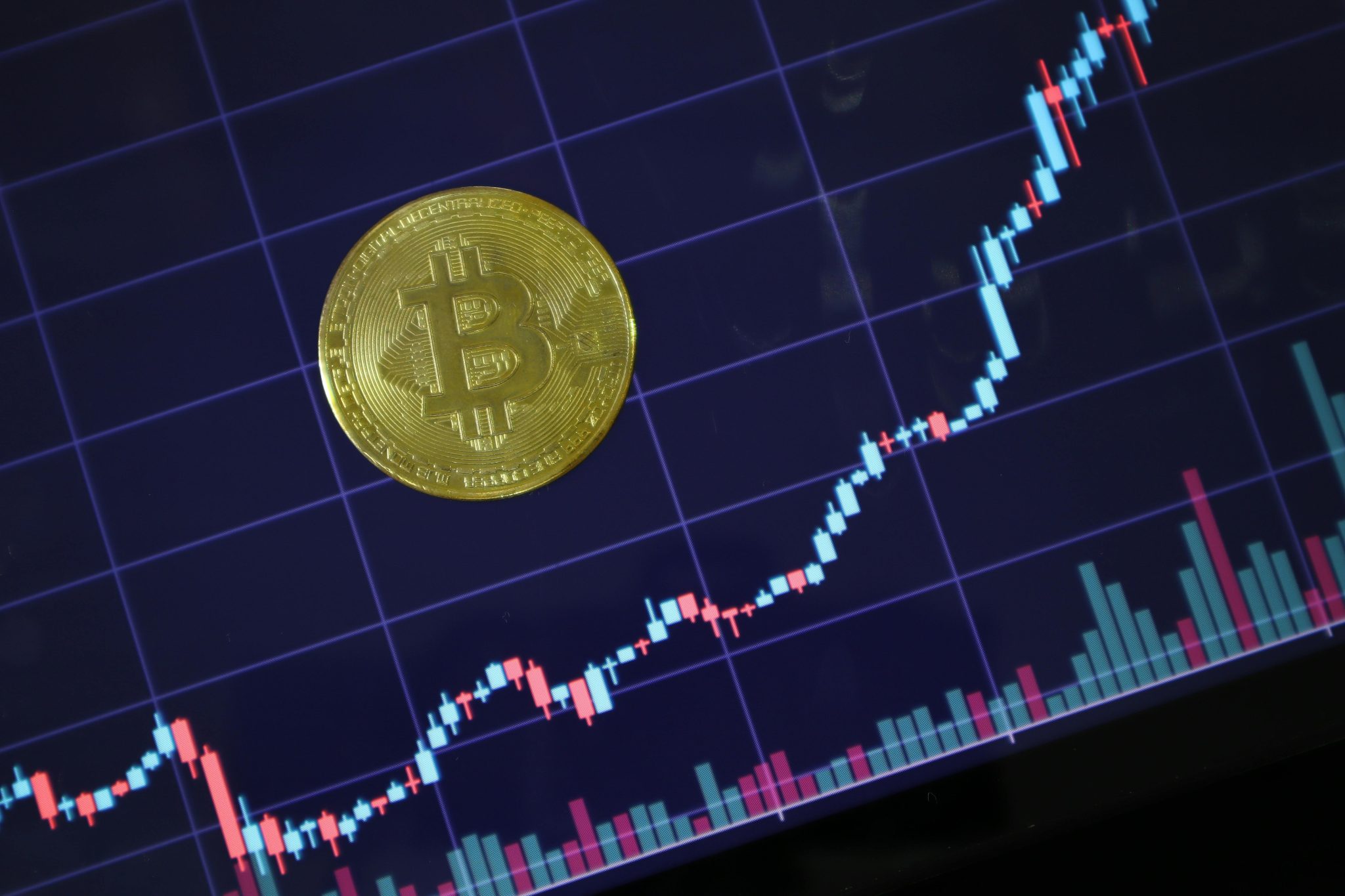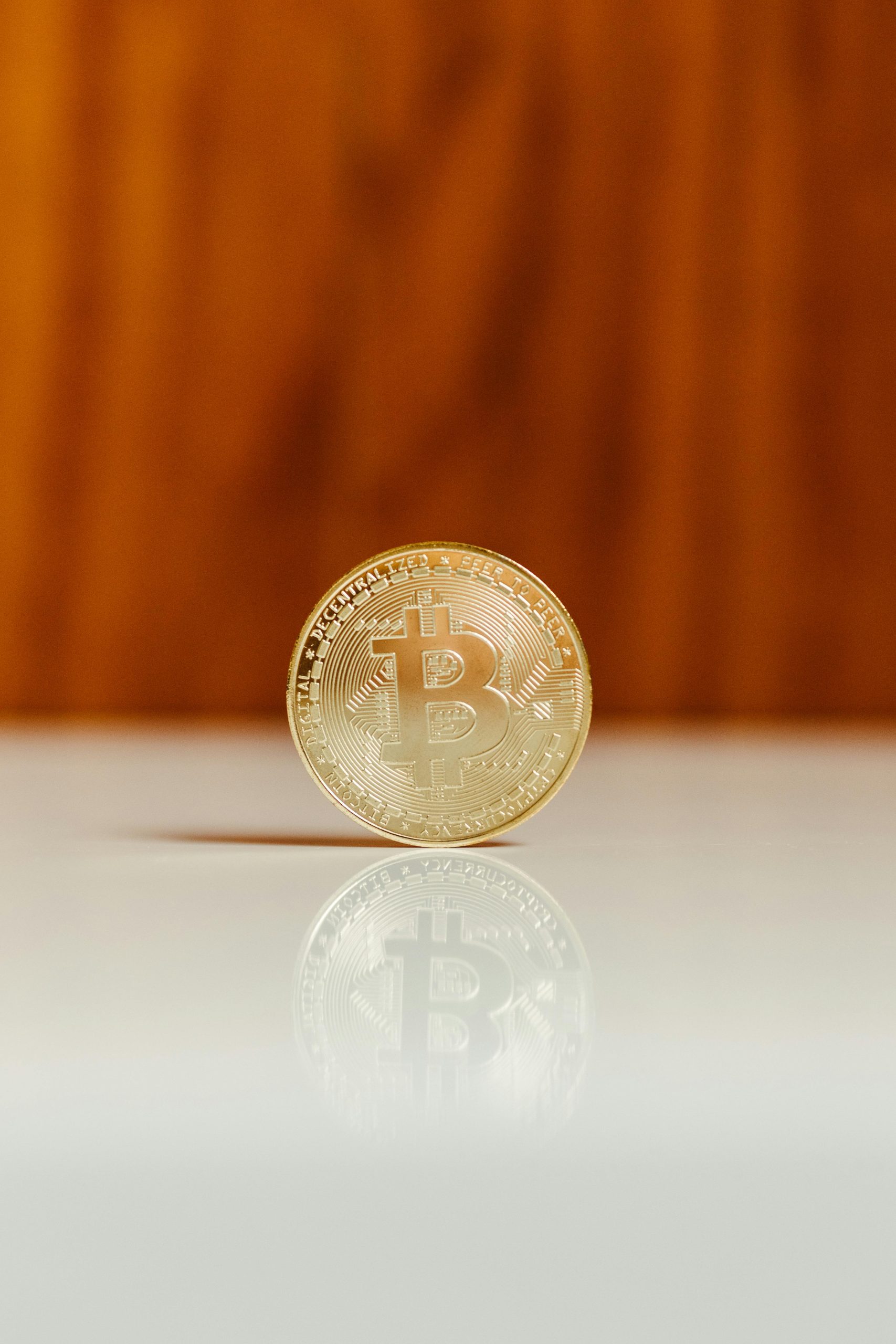
Explaining Smart Contracts
Smart contracts are self-executing contracts with the terms of the agreement directly written into code. Functioning on blockchain technology, they automatically enforce and execute terms without intermediaries. This innovation ensures transparency, reduces costs, and enhances efficiency. Smart contracts have become pivotal in various applications, especially in decentralized finance (DeFi), where they facilitate seamless, trustless transactions and complex financial operations.
Role in DeFi Applications
In the DeFi space, smart contracts are the backbone of decentralized applications (dApps). They enable the creation of decentralized exchanges, lending platforms, and yield farming protocols. By automating financial services, smart contracts reduce the need for traditional banking infrastructure. They allow users to engage in lending, borrowing, and trading activities with improved security and accessibility, drastically altering the financial landscape.
Benefits
Smart contracts offer numerous advantages, such as transparency, security, and efficiency. Their immutable nature ensures that once a contract is deployed, it cannot be altered, reducing the risk of fraud. Automation through smart contracts eliminates human error and reduces transaction times, leading to cost savings. Furthermore, their decentralized nature enhances accessibility, allowing anyone with an internet connection to participate in DeFi activities.
Vulnerabilities
Despite their benefits, smart contracts are not without vulnerabilities. Bugs in code can lead to significant financial losses, as seen in several high-profile hacks. Security audits are crucial to mitigate these risks, yet they cannot guarantee complete invulnerability. Additionally, the immutable nature of smart contracts means that once a flawed contract is deployed, it cannot be modified, posing a challenge in dynamic environments.
Case Implementations
Successful implementations of smart contracts in DeFi include platforms like Uniswap, which revolutionized decentralized trading through automated market-making, and Compound, which facilitated decentralized lending and borrowing. These platforms leverage smart contracts to offer users competitive rates and transparent operations. By eliminating intermediaries, they have democratized access to financial services, proving the transformative potential of smart contracts.
Future Innovations
Looking ahead, the evolution of smart contracts promises further innovation in the DeFi space. Developments in cross-chain compatibility aim to enhance interoperability between different blockchains, expanding the scope of DeFi applications. Additionally, layer-two solutions are being explored to address scalability issues, improving transaction speeds and reducing costs. As the technology matures, we can expect more sophisticated and robust smart contract applications.
Conclusion
Smart contracts have fundamentally reshaped the DeFi landscape, offering a decentralized, secure, and efficient alternative to traditional financial systems. While they present certain vulnerabilities, ongoing advancements in technology and security practices hold promise for their continued evolution. For DeFi developers and financial technologists, staying abreast of these developments is crucial to harnessing the full potential of smart contracts in creating innovative tokenized platforms on blockchain technology.

[page-generator-pro-related-links group=”Smart Contracts” limit=”3″ output_type=”list_of_links” title=”More Smart Contracts Articles”]





